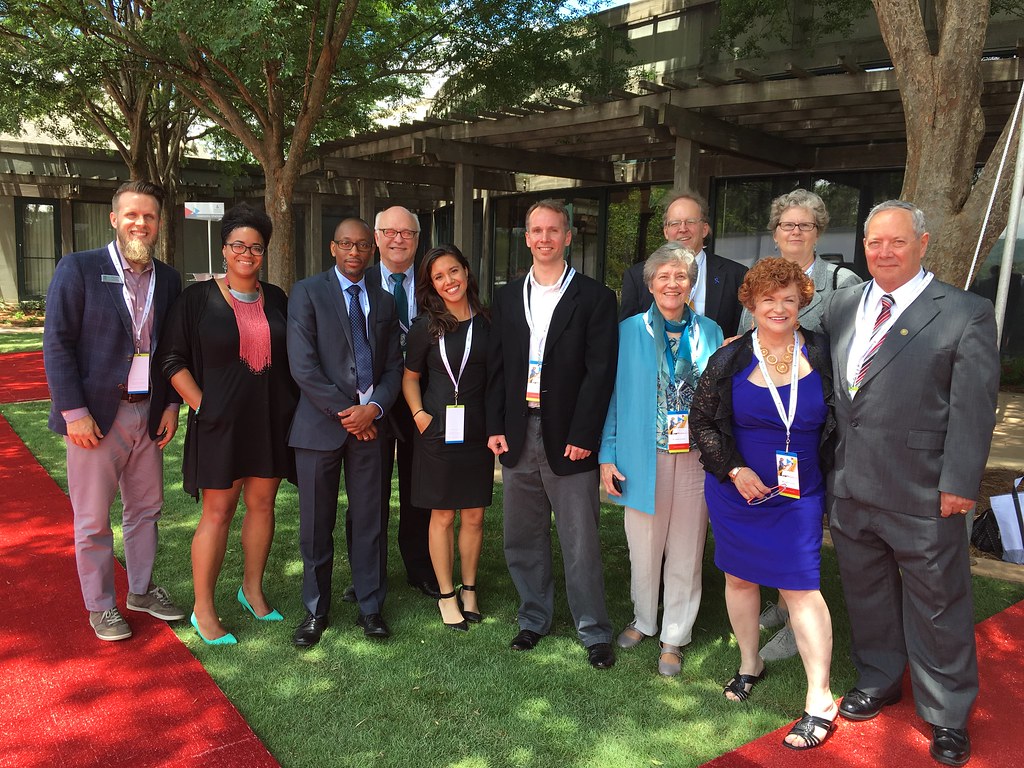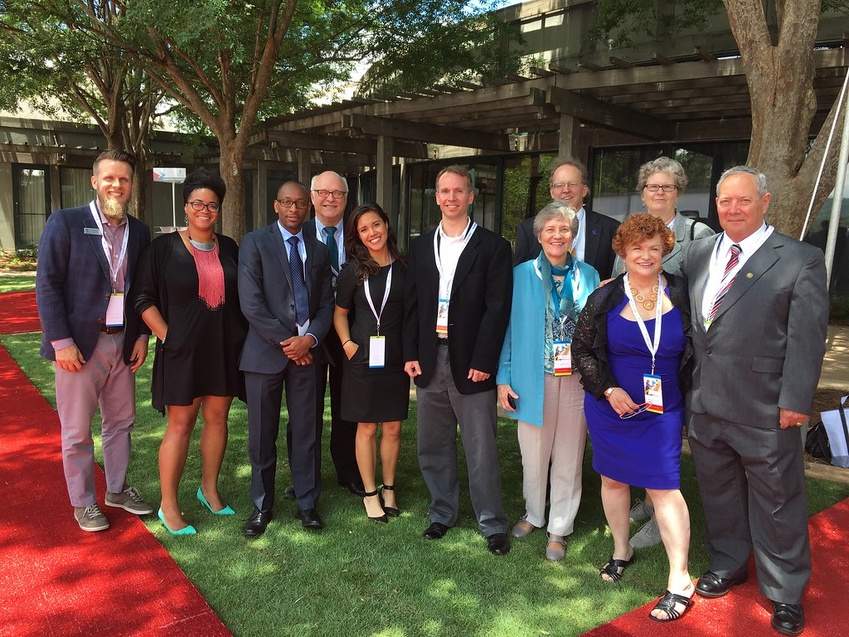Southern Company, together with its affiliates Alabama Power, Georgia Power, Mississippi Power, and Virginia Natural Gas, proudly acknowledges the significant recovery of the red-cockaded woodpecker (RCW), now classified as threatened rather than endangered under the Endangered Species Act. This milestone reflects over fifty years of cooperative conservation work by federal and state agencies, private landowners, and conservation organizations.
Dr. Mark Berry, Senior Vice President of Research, Environment, and Sustainability at Southern Company Services, commented, "The resurgence of the red-cockaded woodpecker is a testament to the effectiveness of public-private partnerships in reaching key conservation goals. Southern Company's commitment to environmental stewardship and collaborative conservation highlights our dedication to protecting biodiversity and our natural heritage. We are committed to ensuring the continued prosperity of the RCW and other species for future generations."
The U.S. Fish and Wildlife Service has recently celebrated this achievement, noting the joint endeavors that have boosted the RCW's numbers. Recognizable by their black-and-white feathers and a red streak on males, these birds have found refuge in the longleaf pine forests restored by Southern Company across the Southeast.
In a significant move, Georgia Power and Southern Company funded the acquisition of the 9,200-acre Silver Lake Wildlife Management Area in 2008 to support RCW conservation. This area now hosts over 21 family groups of RCWs, thanks to its mature longleaf pine habitat. Southern Company also played a crucial role in post-Hurricane Michael habitat restoration in 2018 and supports habitat conservation near Plant Hatch under Georgia's Safe Harbor program. Georgia Power has been instrumental in restoring over one million acres of longleaf pine forest in Georgia, vital for the RCW.
Alabama Power has similarly contributed by establishing safe habitats at Lake Mitchell through controlled burns and installing artificial nesting cavities, greatly aiding the RCW population growth in Alabama.
While the downlisting of the RCW to threatened is a notable success, the commitment to conservation by Southern Company and its subsidiaries continues, ensuring these species not only survive but flourish in the future.
Dr. Mark Berry, Senior Vice President of Research, Environment, and Sustainability at Southern Company Services, commented, "The resurgence of the red-cockaded woodpecker is a testament to the effectiveness of public-private partnerships in reaching key conservation goals. Southern Company's commitment to environmental stewardship and collaborative conservation highlights our dedication to protecting biodiversity and our natural heritage. We are committed to ensuring the continued prosperity of the RCW and other species for future generations."
The U.S. Fish and Wildlife Service has recently celebrated this achievement, noting the joint endeavors that have boosted the RCW's numbers. Recognizable by their black-and-white feathers and a red streak on males, these birds have found refuge in the longleaf pine forests restored by Southern Company across the Southeast.
In a significant move, Georgia Power and Southern Company funded the acquisition of the 9,200-acre Silver Lake Wildlife Management Area in 2008 to support RCW conservation. This area now hosts over 21 family groups of RCWs, thanks to its mature longleaf pine habitat. Southern Company also played a crucial role in post-Hurricane Michael habitat restoration in 2018 and supports habitat conservation near Plant Hatch under Georgia's Safe Harbor program. Georgia Power has been instrumental in restoring over one million acres of longleaf pine forest in Georgia, vital for the RCW.
Alabama Power has similarly contributed by establishing safe habitats at Lake Mitchell through controlled burns and installing artificial nesting cavities, greatly aiding the RCW population growth in Alabama.
While the downlisting of the RCW to threatened is a notable success, the commitment to conservation by Southern Company and its subsidiaries continues, ensuring these species not only survive but flourish in the future.


 Southern Company Celebrates Red-Cockaded Woodpecker Recovery
Southern Company Celebrates Red-Cockaded Woodpecker Recovery





 Companies
Companies